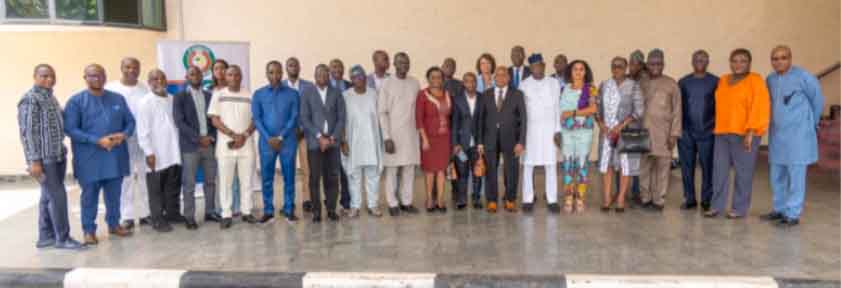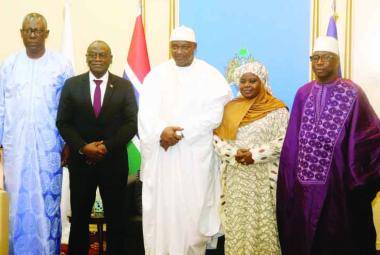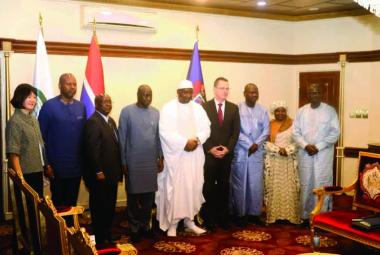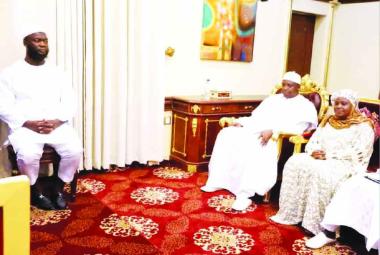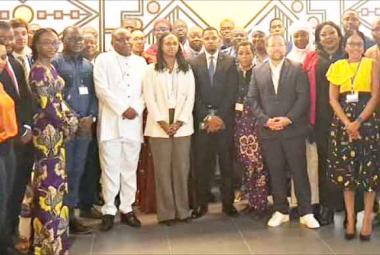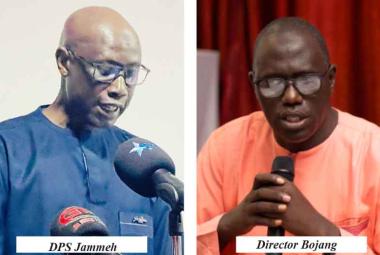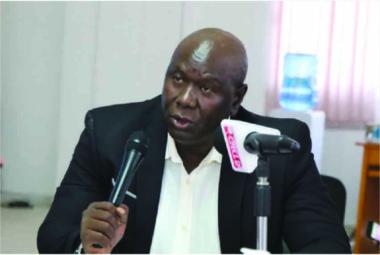By Mariatou Ngum
The ECOWAS National Office (ENO) under the Ministry of Trade, Industry, Regional Integration and Employment last week concluded a two-day Sectoral Programme Committee (SPC) meeting at Baobab Holiday Resort.
The meeting aimed to bring together stakeholders to provide an update on the implementation of ECOWAS programmes and projects to ensure effective collaboration in the regional integration process and strengthen the ECOWAS programmes at the national level.
The Committee provides a platform for the ECOWAS National Office to get updates for more effective execution of its mandate, as the link between the ECOWAS Commission and The Gambia, while making the coordination, facilitation, and monitoring of ECOWAS projects, programmes, and activities at the national level more efficient.
In her opening statement, the Director of Regional Integration at the Ministry of Trade, Ndey Tabara Touray, explained that SPC meeting is an activity under ‘Regional integration programmes’. “These programmes,” she noted, “are pivotal for fostering economic growth, enhancing cooperation, and promoting stability within regions”.
She said the Sector-Programme Committee, in particular, plays a crucial role in addressing the unique needs of various sectors and in ensuring that integration efforts translate into tangible benefits for all stakeholders involved.
The Sector-Programme Committee, Madam Touray further explained, often focuses on key sectors; such as health, education, agriculture, energy, technology, standards, immigration, police, NDMA, competition, trade facilitation, early warning, trade, and gender, among others. “By targeting these areas, we can leverage regional resources and expertise to stimulate economic growth,” she added.
The Director affirmed that the two-day meeting was not only about giving information on what sectors are doing, but also about building their capacities and sharing knowledge. She said SPC allows them to facilitate training, provide technical or financial assistance, and knowledge exchange among stakeholders, as well as address common challenges. “It also helps in terms of monitoring and evaluation, to ensure that ECOWAS activities and programmes achieve their intended outcomes. They are necessary for regular assessment to help identify success, challenges, and areas of implementation for adjustment and refinement for overall effectiveness of integration efforts”.
Madam Touray went on: “By addressing the unique needs of various sectors and fostering cooperation across borders, these programmes contribute significantly to economic development, stability, and prosperity in the country and the region”.
Therefore, she said, their continual commitments to their various integration programmes and projects at their ministries, departments, and agencies, will ensure that regional integration delivers lasting benefits for The Gambia and the ECOWAS Member States.

